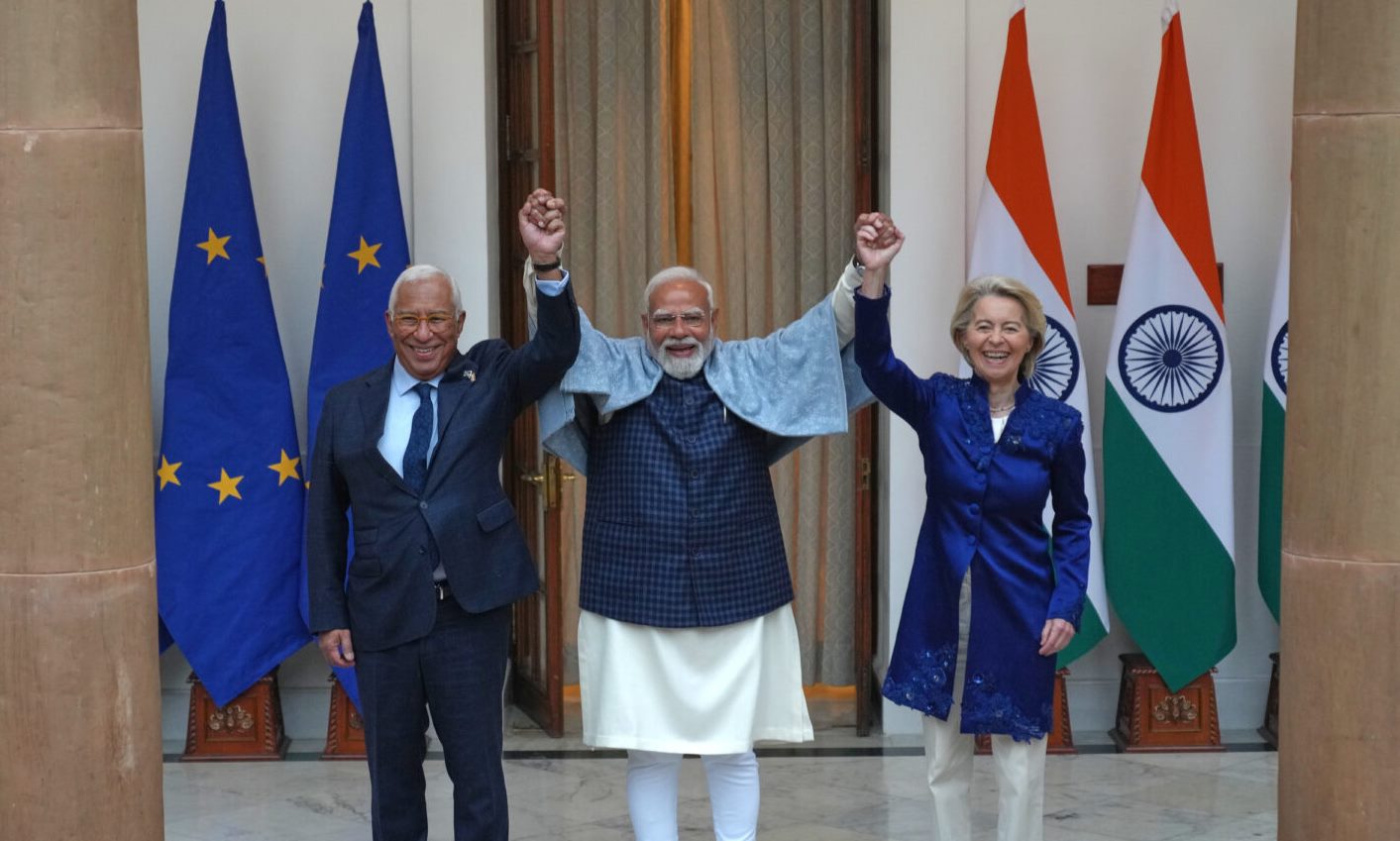In recent years, a significant number of Indian startups have chosen to incorporate their businesses outside India, primarily in locations like Delaware, Singapore and other global locations. This trend, known as “flipping,” offered advantages like easier access to foreign capital and tax benefits. However, the tide is starting to turn. We’re witnessing a growing phenomenon of “reverse flipping,” where these startups are now shifting their bases back to India.
This shift back home is driven by several factors, including a booming Indian market, attractive stock market valuations, and a desire to be closer to their target audience – Indian customers. To further incentivize this homecoming, the Ministry of Corporate Affairs (MCA) has recently introduced a significant policy change.
MCA Streamlines Cross-border Mergers for Reverse Flipping
The MCA has amended the Companies (Compromises, Arrangements, and Amalgamations) Rules, 2016, to streamline the process of cross-border mergers. This move makes it easier for foreign holding companies to merge with their wholly-owned Indian subsidiaries, facilitating a smooth transition for startups seeking to return to their roots.
Key Takeaways of the Amended Rules
Here’s a breakdown of the key benefits for startups considering a reverse flip through this streamlined process:
- Fast-Track Mergers: The Indian subsidiary can file an application under Section 233 read with Rule 25 of the Act. This rule governs “fast-track mergers,” which receive deemed approval if the Central Government doesn’t provide a response within 60 days.
- RBI Approval: Both the foreign holding company and the Indian subsidiary need prior approval from the Reserve Bank of India (RBI) for the merger.
- Compliance with Section 233: The Indian subsidiary, acting as the transferee company, must comply with Section 233 of the Companies Act, which outlines the requirements for fast-track mergers.
- No NCLT Clearance Required: This streamlined process eliminates the need for clearance from the National Company Law Tribunal (NCLT), further reducing time and complexity.
The Road Ahead
The MCA’s move represents a significant positive step for Indian startups looking to return home. This policy change, coupled with a thriving domestic market, is likely to accelerate the trend of reverse flipping. This not only benefits returning companies but also strengthens the overall Indian startup ecosystem, fostering innovation and entrepreneurial growth within the country.
We Are Problem Solvers. And Take Accountability.
Related Posts

India-EU Free Trade Agreement(FTA) – An Insight
The India-EU Free Trade Agreement 2026 links two large economic blocs into a near two-billion-people marketplace. The combined output is...
Learn More

Mandatory Demat of Securities: A New Compliance Era for Startups
The regulatory landscape for private limited and public unlisted companies in India has undergone a seismic shift with the introduction...
Learn More

India Economic Survey 2025-26: Insights for Businesses and Investors
This report addresses the key points and highlights of the India Economic Survey 2025–26, providing a deep dive of India’s...
Learn More










